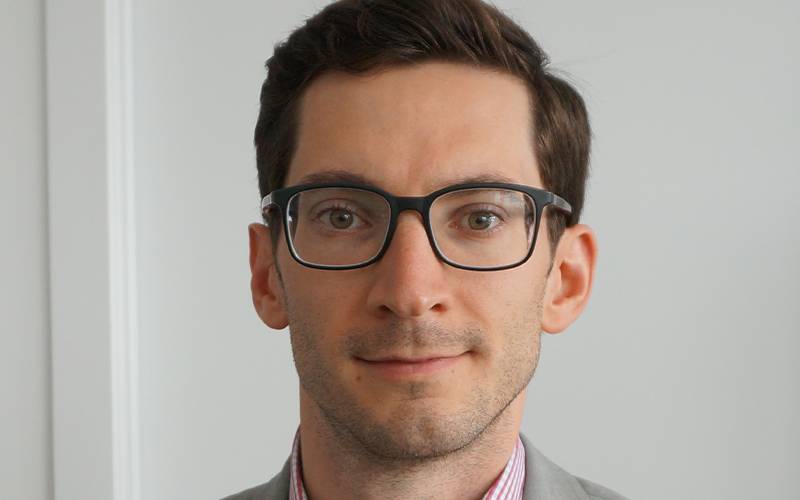In response to the pandemic, Ian helped write the World Energy Investment report which considers the impact of using COVID-19 stimulus to foster a green transition to achieving the Paris Agreement.
 What is your role and what does it involve?
What is your role and what does it involve?

I work at the UCL Energy Institute where I am a Reader in Energy Epidemiology, which is a field that has adopted and adapted study methods and designs from the health world and applied them to study energy demand among populations. In a similar way to studying health outcomes, I use epidemiological techniques to understand the prevalence of energy demand levels in buildings and its determinants. For example, studying the spread and severity of energy poverty, which is the inability to attain a socially and materially acceptable level of energy services, or understanding how energy efficiency measures impacts vary across a target housing and household type. This knowledge of what drives energy demand and its heterogeneity across a population is important for devising interventions that can meaningfully affect people’s lives while helping to enable a transition to a low carbon and equitable future.
How are you responding to the pandemic through your research?
In addition to my work on energy epidemiology, I work with health epidemiologists to understand the impact of energy use and building energy performance on people’s health in terms of their exposure to thermal conditions and indoor air pollution. In response to the pandemic, I recently helped the International Energy Agency write their World Energy Investment report where we considered the impact of using COVID-19 stimulus to foster a green and healthy transition to achieving the Paris Agreement. In addition, with the shift in how people have changed their work and living patterns, we are looking at high resolution electricity data in housing from the UCL Energy based Smart Energy Research Lab to understand how people have changed the way they use energy. This will be particularly important for those who are more vulnerable to fuel poverty and to see how the pandemic has changed their lives.
What’s next on the research horizon for you?
Starting in the fall, myself and colleagues at UCL Epidemiology will be working on a recently granted project that will link the English Longitudinal Study of Ageing and National Energy Efficiency Data-framework in order to investigate the impact of measured energy use in housing on reported and observed health outcomes. The project will bring together building, health and social scientist researchers to address what is a very complex real-world interaction to better understand what a healthy indoor temperature is and how energy use might help to protect health.
What have you learned from lockdown?
I’ve learned how lucky I am to be with my family and to be safe and continue to be able to work. That is not the experience of many in the UK and elsewhere around the world.
How will COVID19 change the world?
The last few months and recent weeks have illustrated how dramatically the world can change but also how even when those changes come towards us in plain sight we, as a society, struggle to respond. I am hopeful that through our response to COVID-19, we can bring forward social change that ensures greater equity and equality.
 Close
Close

